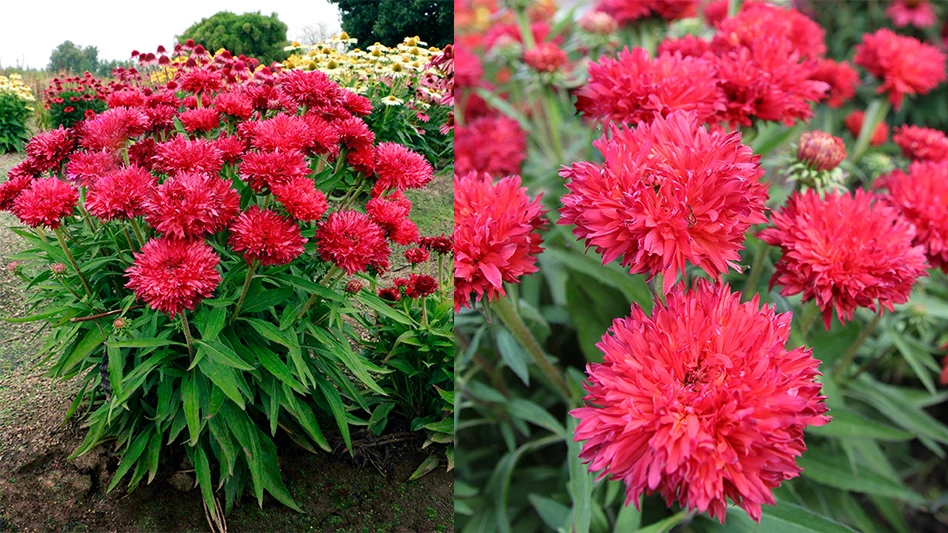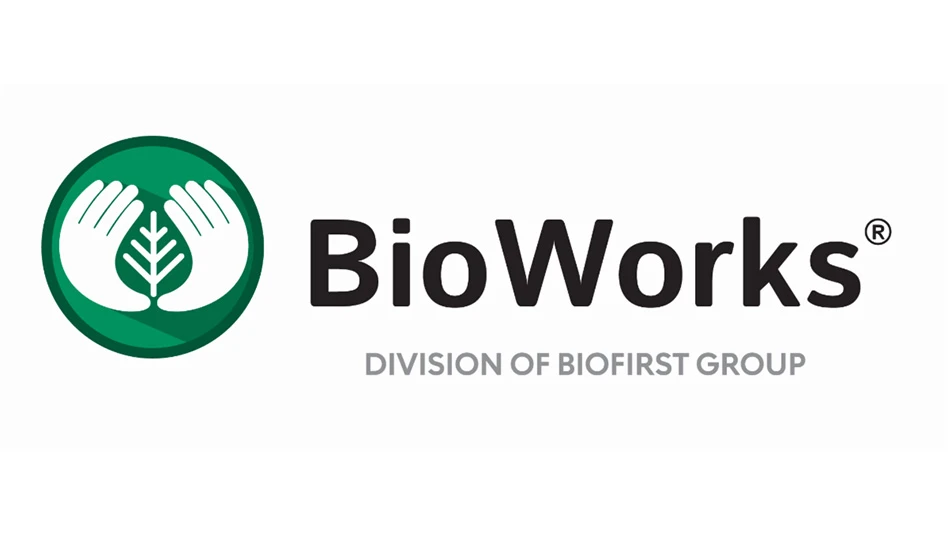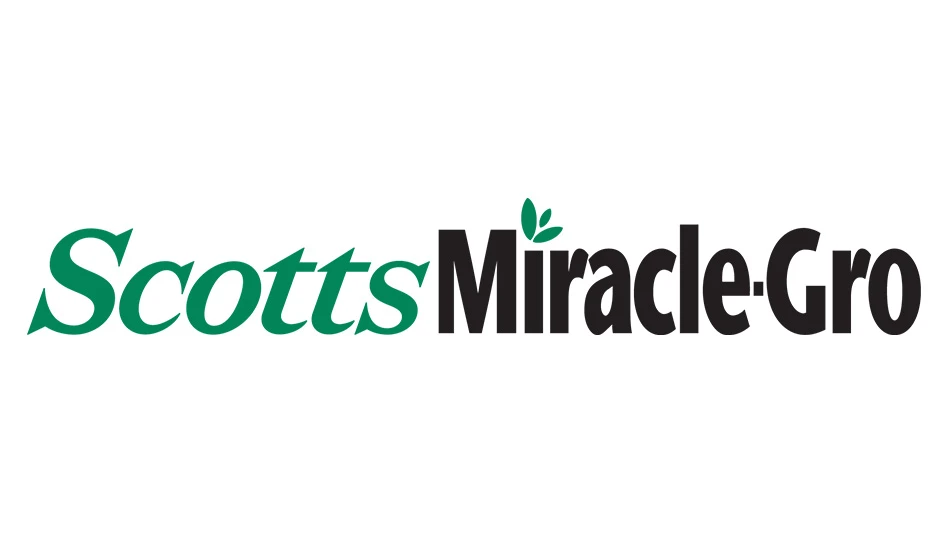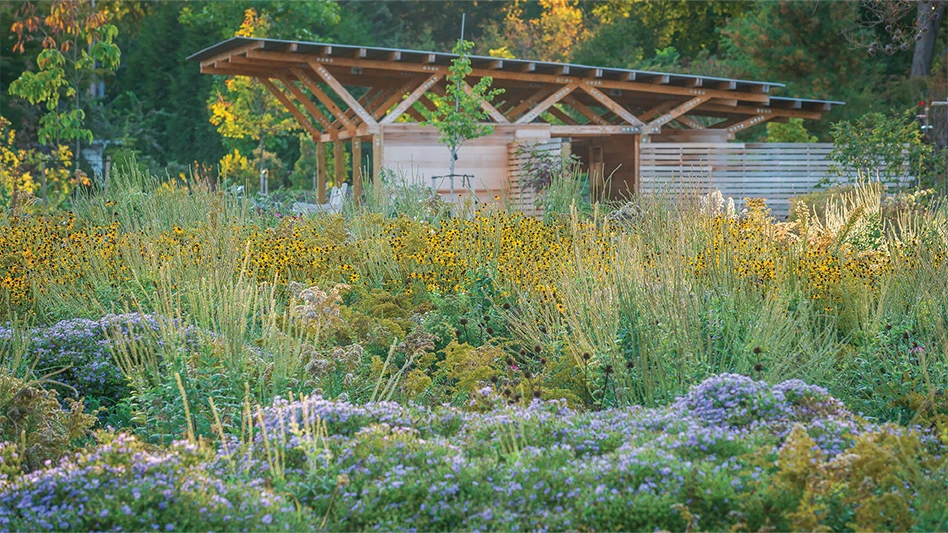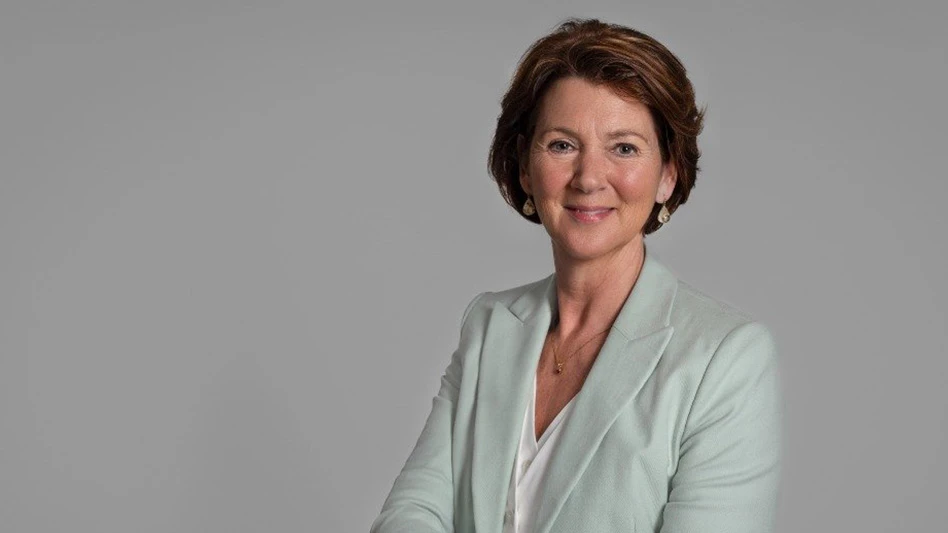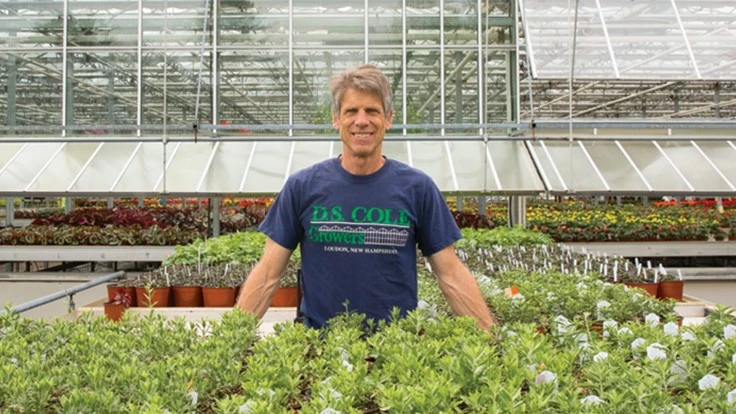

If there’s one person Doug Cole credits for instilling him with a strong work ethic and a desire to work in horticulture, it’s his late grandfather, Charlie Wilcek.
Growing up in Wilton, Connecticut, Doug’s parents did not work in any field related to horticulture. But his grandfather was a subsistence farmer, providing a place to grow vegetables for the family when Doug was growing up. It was one place, too, where Doug could stoke his other passion: inventing and seeking out ways to learn and improve.
“I grew up with a grandfather who had a farm. And for whatever reason, it really stuck with me that I wanted to be in agriculture in some form or another,” Doug says. “So I’ve been in the industry either indirectly or directly forever. This is just what I do.”
Doug found his way into the greenhouse industry during college. When he was considering where he wanted to attend school in the early 1970s, he was looking for a land grant university with a strong horticulture program. Knowing he didn’t want to own a traditional farm — it wasn’t economically viable then, he says — Doug sought out horticulture to continue growing. And when looking through course options at the University of New Hampshire, he picked greenhouse production as the path he wanted to follow.
D.S. Cole Growers is Doug’s own personal laboratory of change. Since founding the business in 1988, he has embraced pursuing knowledge and improvement as the core tenants of his business and life.
“If it’s something that we do, we’ve got to figure out a way to do it better, as corny as it sounds,” Doug says. “And that just drives me. What can we do different that’s better? It can’t just be different to be different. It’s got to be something — sometimes you copy something you see or copy and adapt, sometimes you think of your own idea. It just has to be something.”
“He’s very hands-on, and very involved in the business, and has kind of an amazing work ethic,” says Chris Schlegel, D.S. Cole’s head grower and Doug’s employee for the last 22 years. “And I think that definitely makes everyone here kind of step up to the plate, and make sure we’re working as hard as we can to succeed, [to] make the business succeed too.”




Early opportunities
When Doug was attending UNH, internships in the greenhouse industry were not as common as they are today. But through the college, he was named a Mosmiller Scholar — the equivalent of being named an American Floral Endowment (AFE) scholar today. He lived in Miami for a time and worked at a nursery in the area. The experience was essential for his career, as it offered more practical learning opportunities than any class could, he says
“I learned some real production agriculture, which you can’t really learn in school very well. And also, all the inner workings of [human resources] — the fact that you’re not just sitting in a classroom learning about how a plant grows, but you’re around people and how they interact in a business, which was pretty foreign to me, really,” he says. “Obviously I guess [not having real-world experience] would have just made me start my first job quite a bit more naïve and ignorant. I would have had plant knowledge only and that’s it.”
Today, Doug works to offer his own internships and help train the next generation of growers as they look to find their footing in the industry. Throughout the past several years, D.S. Growers has hosted a number of interns from AFE. In the past, they’ve also housed international students looking to work in the U.S. horticulture industry.
“They really want to learn the industry,” he says. “So we’re more than happy to teach and teach and teach.”
When in college, Doug also became friends with Henry and Jeff Huntington through a UNH fraternity. Henry and Jeff’s parents, Jon and Eleanor, founded Pleasant View Gardens (PVG) in Loudon in 1978. PVG was Doug’s first job in the industry after graduating college and it’s where he spent the first years of his career before opening D.S. Cole Growers in 1988. And, over the past several years, D.S. Cole and PVG — now run by Henry and Jeff — have collaborated to host plant trials for the industry to attend each August.
“It was totally a coincidence,” Doug says. “At the time, they were just coming up to New Hampshire because they had a farm stand in Connecticut two towns away from me. Totally coincidental, everything was coincidental. Then I wanted to stay in New Hampshire. There aren’t too many greenhouses up here, so when their family moved to New Hampshire and bought the place, it just seemed like a comfortable fit to go there. They were quite aggressive with turning into who they are, and there was a lot going on and a lot of learning [for me].”
And most importantly, Doug met his wife, Jane Larussi, at UNH. Jane wasn’t studying horticulture like Doug — she has a master’s in speech pathology — but she understood his passion.
“Her father was a builder and she was kind of used to the risk that went along with having a business,” he says. “She was always 100% behind what we could put together to make this happen. Now she still works for the state a little bit, but she basically is at our garden center [Cole Gardens] most of the time.”
Doug and Jane have four kids, ranging from 37 to 24 years old. Two — Charlie and Jenna — work for the family business. The other two, Tyler and Tucker, work as an engineer and in the cannabis industry, respectively.
When the kids were growing up, Doug made sure to make time to be involved in whatever his kids were doing — even in the busy spring season. Case in point: he coached his sons’ lacrosse teams in the spring. Looking back, he’s unsure about how he pulled off doing both coaching and working during the spring .
“I think that’s great because I strongly believe that people need time away,” Chris says. “And he understands very well that the rest of us need time away too. He was as dedicated to that as he was to the business.”
Branching out
When Doug made the move to open his own business in 1988, he remembers a marketplace that doesn’t resemble the one he operates in today.
“At that time, in my opinion, the supply-and-demand situation was different than today,” he says. “We didn’t have the mega greenhouses that you have now, not as many anyway. I don’t even know if Home Depot and Walmart were really around or involved with the industry. It was basically garden centers everywhere and the prices were pretty high. At that time, it seemed like all of us who were trying to wholesale were able to adapt or increase our prices with inflation.”
It was that environment, as well as the longtime desire to operate a business of his own, that ultimately led Doug to leave a role as the head of young plants at PVG — a role he says he was “comfortable” in — to do strike out on his own.
“I knew I could only do so much [at PVG] and I knew even though I was in charge of the young plants when I left Pleasant View, and that was comfortable to me, I didn’t think I could even then go anywhere new with that,” he says. Doug adds that the 1980s — and into the 1990s — were easier times for someone to open their own young plants operation. Even though he had little capital to work with at the time, he was able to get his business off the ground by hand-writing every order — computers were not prevalent in the industry just yet — and it was easier to connect with brokers without the requirement of doing orders digitally. Had a digital infrastructure been a requirement then, Doug says he’s not sure he would have been able to get the business going.
In the 1990s, Doug also befriended a Dutch grower, Jen Norgan Polson. Doug credits his friendship with Jen — who Doug worked with to bring new begonia varieties to the North American market — as a key part of him looking outside of the United States for inspiration.
“We would start traveling together, we’d go to IPM Essen, we’d go to the shows in Holland, we’d go to Israel,” he says. “We’d just travel. Sometimes we’d take two days and just go for fun to Italy and then go to a show or something. So he’s been a great teacher because he’s a little bit older than me and just a really, really smart guy. It was crucial for me for being a young plant guy.”

Seeking education and challenges
When Chris transitioned to D.S. Cole in 1997, she was working for a greenhouse operation that also did landscaping work, which prevented her from focusing on growing. Her previous employer purchased plants from Doug and the two formed a relationship. And when an opportunity presented itself, Chris took it.
“The appeal for coming here was that I really wanted to focus on the growing,” Chris says. “And it’s hard when you’re helping with retail and you’re helping with landscaping. It was hard to really devote as much of my time as I wanted to the growing aspect.”
In the two decades-plus since, Chris says Doug has been the type of leader every greenhouse grower would want to work for. Whereas some owners may stop doing hands-on work once the operation reaches a certain size, that isn’t the case with Doug. To this day, Chris says she’s just as likely to find him working in the greenhouse as he is doing paperwork in the office.
Additionally, Doug wants his employees to have a chance to learn as much as he did when he was still building his business. He takes a few trips to Europe each year to get ahead on the upcoming trends and will sometimes bring employees like Chris so they can learn alongside him. These trips to Europe are a major reason why D.S. Cole has been able to thrive for more than 30 years, as they allow Doug to know when he needs to switch up his product mix to stay on pace with current trends, Chris says.
“We started doing tropicals and succulents, and now all of a sudden, foliage houseplants are coming back into popularity,” she says. “He’s very willing to look at what is going to make the business succeed going forward and change accordingly.”
“I think [those trips were] great because it gave me a real understanding and appreciation for everything that was out there,” Chris says. “I’d been to operations in the U.S., but it was so different going to places that were so specialized, and we went to the flower auctions in Holland and Amsterdam. That was wonderful, just being given that opportunity.”
Doug has also worked to improve the industry at large. Currently, he is the director of America in Bloom, chairman of the New Hampshire Land and Community Investment Program and the director of the New Hampshire Horticulture Endowment. From 2007 to 2009, he served as president of OFA — the organization now known as AmericanHort.
While president of OFA, Doug was part of a team of growers who, at the direction of then-OFA CEO John Holmes, explored moving the OFA Short Course — now known as Cultivate — to another city. Indianapolis was ultimately the main city considered, and it was Doug who consulted various growers involved with the association, according to then-board member Bobby Barnitz.
“Doug felt it was prudent to invite some of the past presidents, who were all primarily Ohio business owners that served in a leadership role,” says Bobby, vice president of Bob’s Market and Greenhouses in Mason, West Virginia. “It was Doug’s vision to involve them, not necessarily in the final decision, but involving them in the reason as to why we needed to look somewhere else or at least consider some other location.”
About a year later, John unexpectedly died in the spring when every grower involved with OFA was busy. Bobby, who was OFA president at the time, says Doug was instrumental in helping him navigate some difficult circumstances.
“I was president at the time, Doug was past president so there were some trying times that we had to work through too for the organizational side and that all happened in the spring when we’re all the very busiest in our own personal businesses,” Bobby says.
Through their time working together, the two became friends despite both businesses primarily selling young plants. They meet up at Cultivate each year — along with other past OFA/AmericanHort leaders — and when Bobby visits his son in Boston, he often drives to Loudon and visits Doug.
For his part, Doug takes that same approach to any challenge he faces. Sales could dip. Finding labor could be a challenge. Finding enough truck drivers to make deliveries remains a problem. But in Doug’s view, it’s just another chance to grow.
“I don’t feel like, ‘Woe is me, things are getting rough,’ or ‘What’re we going to do, what’re we going to do?’” he says. “Yeah, they’re getting harder and it doesn’t matter what it is, regulation or anything else. But everybody says that from one generation to the other, to the other. You just can’t stop. You’ve got to keep looking for those opportunities that are going to simplify processes and/or make our businesses more interesting to the buyer.”
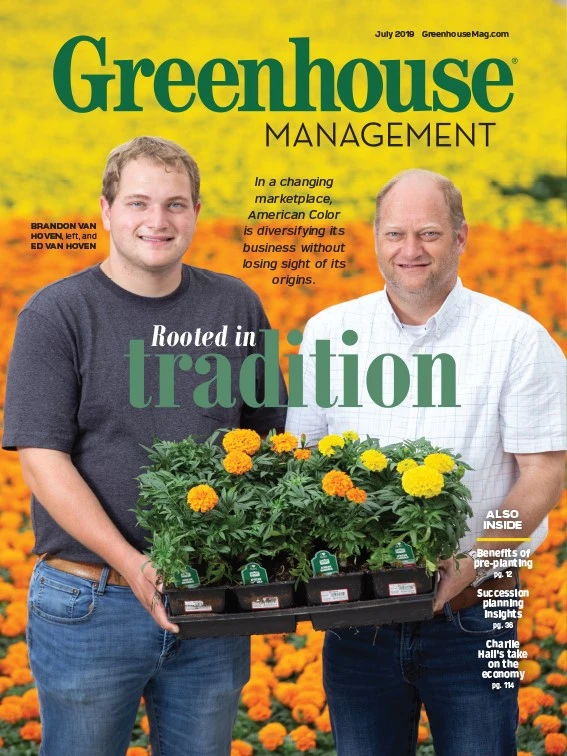
Explore the July 2019 Issue
Check out more from this issue and find your next story to read.
Latest from Greenhouse Management
- Grant awarded to test western U.S. wood species for use as wood fiber potting substrate
- Pennsylvania Horticultural Society announces 2025 Gold Medal Plant winners
- Oasis Grower Solutions announces new Southeast territory sales manager
- A nation of gardeners: A history of the British horticulture industry
- Last Word with Angela Labrum, Bailey Nurseries
- Iowa plant supplier Plantpeddler building retail complex
- This month's Greenhouse Management magazine is about native plants and sustainability
- The HC Companies, Classic Home & Garden merge as Growscape
